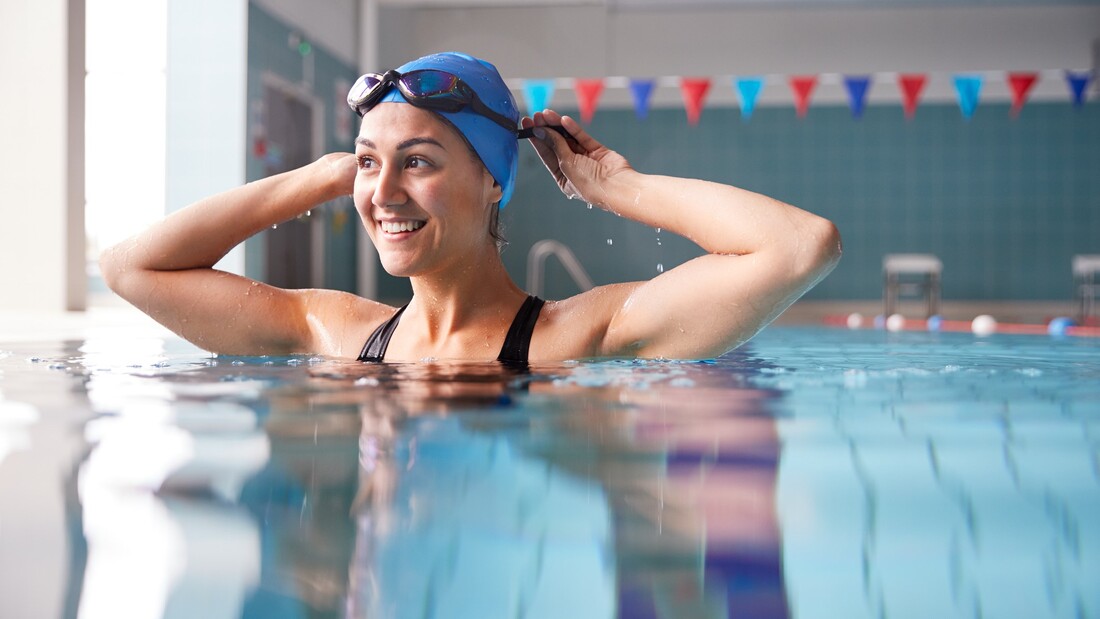|
Learning to swim is not only a valuable life skill but also an enjoyable and beneficial activity for people of all ages. However, there are several obstacles that adults often encounter while embarking on their swimming journey. These obstacles can range from physical and psychological challenges to environmental factors that impede progress. 1. Fear and Anxiety: One of the most significant obstacles in learning to swim is fear and anxiety. Many adults experience a natural apprehension when first entering the water, especially if they have had previous negative experiences as a child or lacked exposure to swimming. Fear of water, also known as aquaphobia, can be a significant barrier to learning, as it triggers a strong emotional response that hinders progress. Strategies to overcome fear and anxiety:
2. Lack of Confidence: A lack of confidence can hinder progress in learning to swim. Individuals and adults who doubt their abilities or have a fear of failure may struggle to overcome obstacles and take risks necessary for skill development. This lack of confidence often stems from self-imposed pressure or comparison to others. Strategies to boost confidence:
3. Water Discomfort and Buoyancy: Water discomfort and understanding buoyancy can be significant obstacles for beginners. The sensation of water on the skin, the resistance it creates, and the unfamiliarity of being buoyant can cause discomfort and unease. Strategies to overcome water discomfort and understand buoyancy:
4. Learning Coordination and Technique: Learning the coordination and technique required for swimming can be challenging, particularly for those new to the sport. Coordinating arm and leg movements, breathing rhythmically, and maintaining proper body alignment require practice and focus. Strategies to improve coordination and technique:
5. Environmental Factors: Environmental factors such as crowded pools, strong currents, or deep water can pose additional challenges for beginners. Even as an adult, navigating these environments while learning to swim can create anxiety and disrupt the learning process. Strategies to overcome environmental challenges:
Learning to swim as an adult can be a transformative and empowering experience, but it is not without obstacles. Overcoming fear and anxiety, building confidence, understanding water discomfort and buoyancy, mastering coordination, and technique, and navigating environmental challenges are essential steps on the path to becoming a proficient swimmer. By embracing patience, persistence, and a positive mindset, individuals can overcome these obstacles, ultimately building confidence, skill, and enjoyment in the water. Remember, the journey to becoming a confident swimmer is as rewarding as the destination itself. Our Strictly Swimming London coaches can tailor your adult swimming lessons to develop relaxation in the water and overcome your fears with practice. Comments are closed.
|
AUTHORPaul started competing in swimming from the age of 8 and eventually went on to represent his country all over the world. During his time at University, Paul specialised in Aquatics and the Biomechanics of Swimming and produced numerous theses on swimming performance. TOPICS
All
ARCHIVES
June 2024
|
Let's connect!
Copyright © 2024 Strictly Swimming


